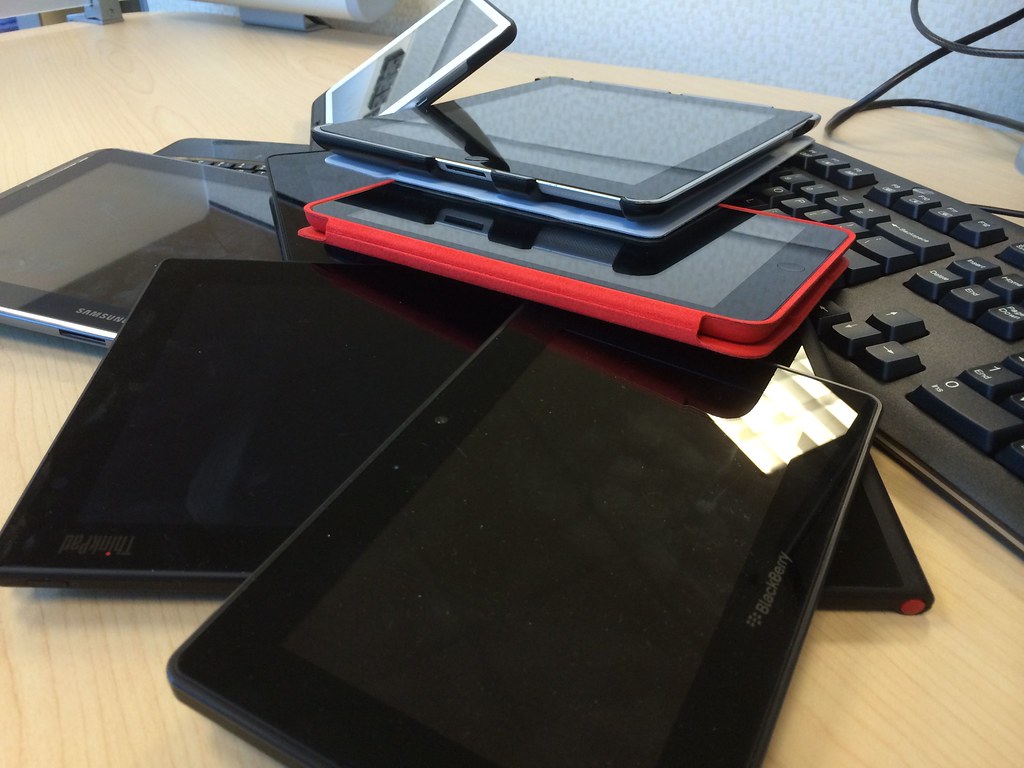
Tablets have turned into the latest tech tool, from the Samsung Galaxy note to the Microsoft Surface. Speculation has been around for a while about how these easily transportable devices may change the way we use technology in the workplace. We’ve all seen the commercials showing data, graphs and emails displayed on tablets. How accurate are those commercials, though? Synergy set out early this year to answer that question.
Over the Christmas holiday season, we obtained an iPad, a Microsoft Surface and a Galaxy Note to see how our expert engineers were able to use these tablets in the workplace. While they all had their advantages and disadvantages, we recently decided to purchase Samsung ATIV Smart PCs for the rest of our engineers. This tablet runs Windows 8 on it and also has a detachable keyboard, much like the Microsoft Surface does.
The biggest benefit we have seen so far has been in our day to day note taking tasks. Whether it’s stepping into an office and jotting down a quick note or participating in project meetings, these tablets are great for note taking. Even more important to the engineers in the office, these tablets allow you to write just as you would on paper, meaning they can sketch their drawings and easily save them. No longer do we waste time flipping through a ton of notebooks trying to find that one special page. Instead, each set of notes can be saved and given a name, making them easy to find later.
While this certainly helps organization, it also has the fantastic benefit of reducing paper use. The result is similar to what we provide our clients through our solutions and services. Not only will we save money by needed fewer office materials, but we are also aiding the environment by using far less paper.
That is not the end for these tablets, which live up to the idea of mini computers in many ways. It’s extremely easy to access the internet or email through a tablet. While these are things you can do on many smart phones, the tablets allow larger views which can be important when view professional documents.
In the future, we intend to use the tablets for remote access to desktops in the office and on client sites. With this ability, we will be able to work on process control from wherever we are and without the need to have a laptop or desktop.
While we have found tablets to be a great asset to our work environment, with plenty of potential to grow in importance, the bigger question has yet to be answered. Can a tablet replace a computer? The answer really depends on the type of business you run. If you need something to type documents, check email and access the internet, a tablet may very well replace a computer. However, if you are doing heavy work with coding, drawings and large files, a computer is still necessary.
We look forward to the future of tablets. While they may not be at a point yet to replace computers, there is certainly great potential. Who knows what kind of powerful technology we’ll be carrying in our pockets 10 years from now.
